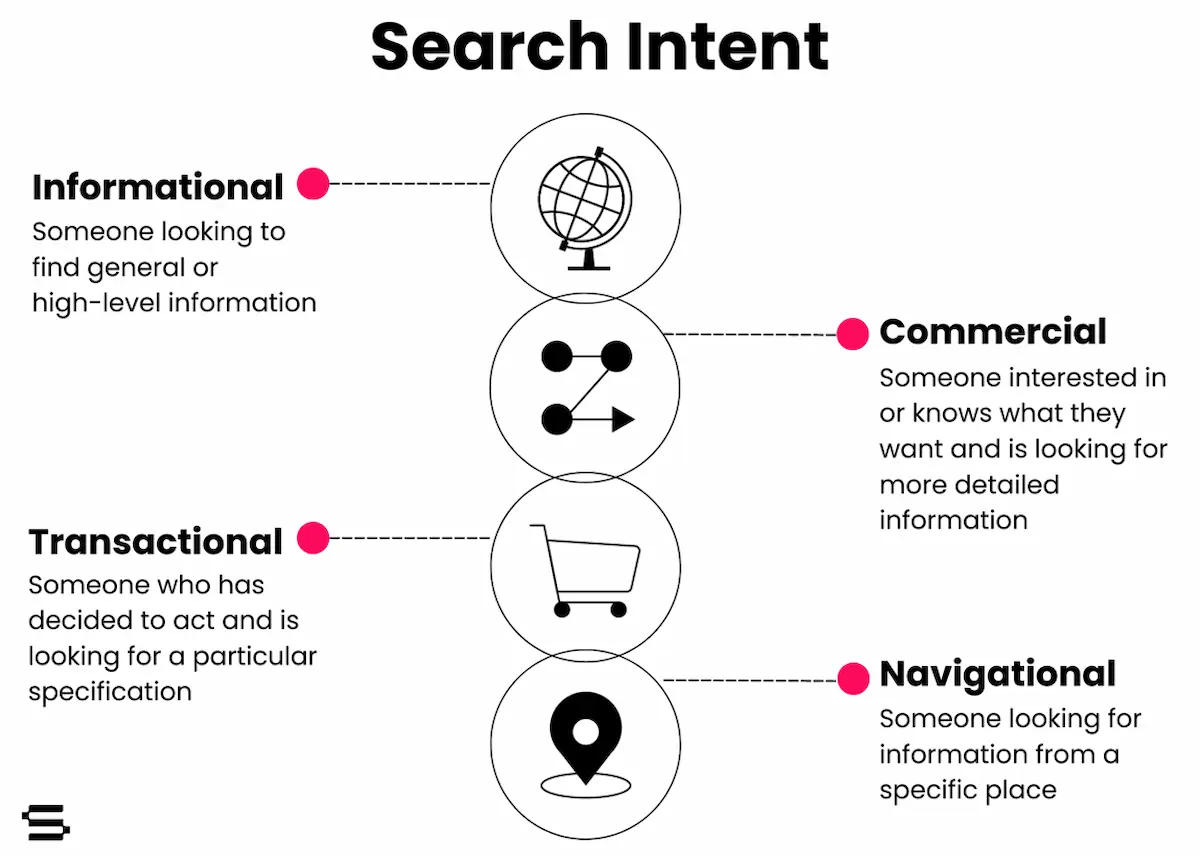A recent article in businessweek details the development of a new search engine from Wikipedia entitled Wikiasari, which is intended to launch early this year. The concept is to make an engine that delivers a better user experience by opening up various aspects of the system to the community. The two ways in which Wikiasari intends to do this are by utilizing open source code and a user rating system for search value.
Opening the algorithm for developers is a great idea. This allows the code to be improved by an exponentially larger number of contributors. The quality of an open source search algorithm can only improve by granting more users access to it, and because profit driven or self benefiting volunteer code changes would be refused by other community developers, the primary goal of improving user search experience is protected. This should eliminate any concern that a user could succeed in manipulating source code negatively. The open source system of checks and balances has been tested time and time again, and would function no differently here.
People may try to find flaws and exploit the algorithm for its weaknesses to benefit themselves in some way. For Wikiasari, developers may dissect the code to find an unintended means to rank their sites higher. However, exploits usually become publicized, and once they do, they're corrected by the community. Historically, people have been repeatedly exploiting Apache's HTTP server since its debut. As a result, the flaws have been continually addressed and corrected; subsequently, it has become the most popular server of its type across the Internet. Opposing the option of opening source, and keeping code closed does not mean its flaws are any more protected than that of open sourced code. For example, most of Microsoft's products are closed source, and are famously known for being security liabilities. In short, opening source has produced some of the most secure and widely used programs on the Internet. (more…)

